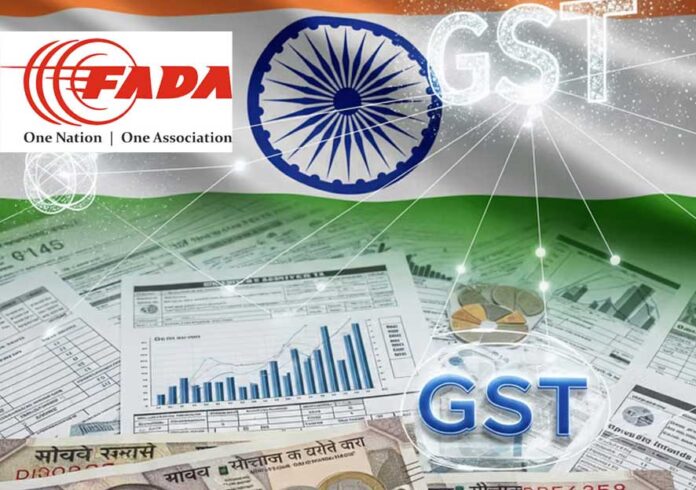
The Federation of Automobile Dealers Associations (FADA) has moved the Supreme Court seeking relief over a ₹2,500 crore loss in compensation cess credit following the implementation of GST 2.0. The updated tax regime, which came into effect on September 22, removed the compensation cess, leaving auto dealers unable to utilize or claim refunds for tax credits on vehicle inventory purchased prior to the transition.
“These aren’t just accounting figures. They represent working capital that fuels daily operations, pays salaries, and supports nearly 50 lakh families,” said Saharsh Damani, CEO of FADA, in a LinkedIn post. “We’re not opposing GST 2.0, but standing up for fairness and trust. Our plea is simple: protect what’s rightfully earned and don’t let genuine, tax-paid credits vanish overnight.”
FADA’s petition comes after several appeals to the government, including a letter to Prime Minister Narendra Modi on September 8, urging a transitional provision ahead of the GST 2.0 rollout. The association had proposed transferring the unutilized compensation cess credits to either the IGST or CGST ledgers, enabling dealers to offset future tax liabilities instead of losing the credits entirely.
Auto dealerships across India are facing a major financial challenge as validly claimed compensation cess balances in their electronic credit ledgers now risk lapsing under GST 2.0. These credits—once legitimate, tax-paid capital—can no longer be offset against CGST, SGST, or IGST, turning them into unusable “dead capital” unless a transitional provision is introduced, the Federation of Automobile Dealers Associations (FADA) warned in a recent appeal.
The compensation cess, which ranged from 1% to 22% depending on vehicle type, was scrapped as part of the GST 2.0 reforms. The updated regime also lowered GST on small cars, motorcycles up to 350cc, three-wheelers, and commercial vehicles from 28% to 18%—a move welcomed for its potential to boost affordability and demand. However, it left dealers unable to claim cess already paid on pre-reform vehicle inventory.
“There are currently around six lakh passenger vehicles in the system,” said FADA CEO Saharsh Damani. “With an average vehicle price of ₹12.5 lakh and cess rate of 3%, the blocked cess credit comes to about ₹38,000 per vehicle—totalling nearly ₹2,500 crore. This entire amount remains stuck in dealer books.”
The financial implications are significant. Over 95% of dealer inventory is financed through banks. With credits rendered unusable, dealers’ drawing power shrinks, interest burdens increase, and compliance with loan covenants is strained—just as inventory levels ramp up for the crucial September-to-Diwali sales period.
“This isn’t about a revenue giveaway,” FADA stressed. “It’s about protecting legitimate, tax-paid credits and preventing avoidable stress on MSMEs and the broader financial system.”
While FADA welcomed GST 2.0 as a landmark reform—calling it simpler, more transparent, and people-centric—it emphasized that reforms should empower, not erase, what has already been rightfully earned.
“Thousands of auto dealers—mostly MSMEs—have supported every reform effort,” Damani said. “We remain hopeful that the Hon’ble Finance Minister and Government of India will address this issue with compassion and foresight.”
Explainer: Why Auto Dealers Are Seeking Relief on Cess Credits Post-GST 2.0
Under the earlier system, auto dealers paid GST and compensation cess on wholesale vehicle purchases from OEMs and recovered these amounts from customers at retail. However, with the removal of the cess under GST 2.0 (effective from September 22), dealers are now unable to recover the cess already paid, leaving significant credits blocked in their accounts.
“Cess can only be offset against cess—not against GST,” explained FADA CEO Saharsh Damani. “Even with rising sales, dealers cannot use these credits, and they’re not making any profit from them.”
Customers are unaffected, as vehicle prices have dropped post-reform. But dealers are bearing the full financial impact, having purchased inventory at higher rates (with cess) and now selling at lower, cess-free prices.
Damani emphasized that these blocked credits legally belong to the dealers, not the government. FADA is urging the government to either refund the cess amount or allow it to be adjusted against CGST or IGST—something that would require an amendment to the GST Act.
Such a change would need to be taken up in the winter session of Parliament or through a special session, Damani noted.








